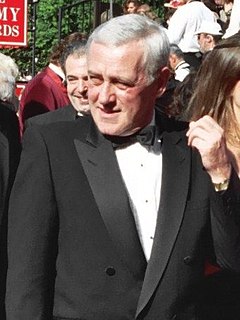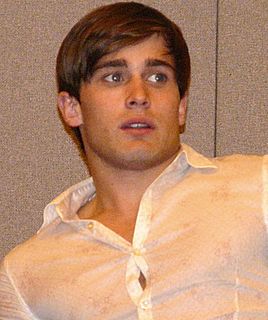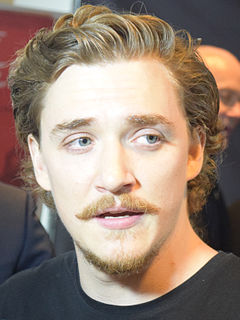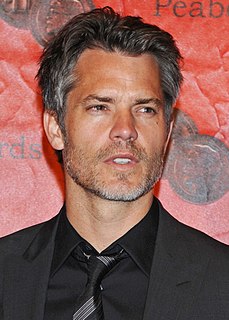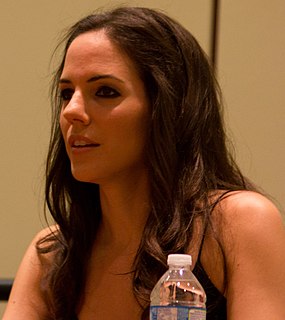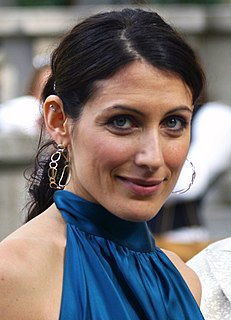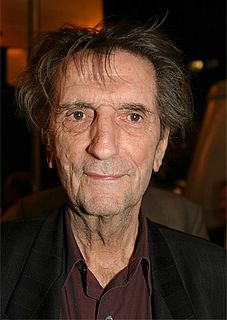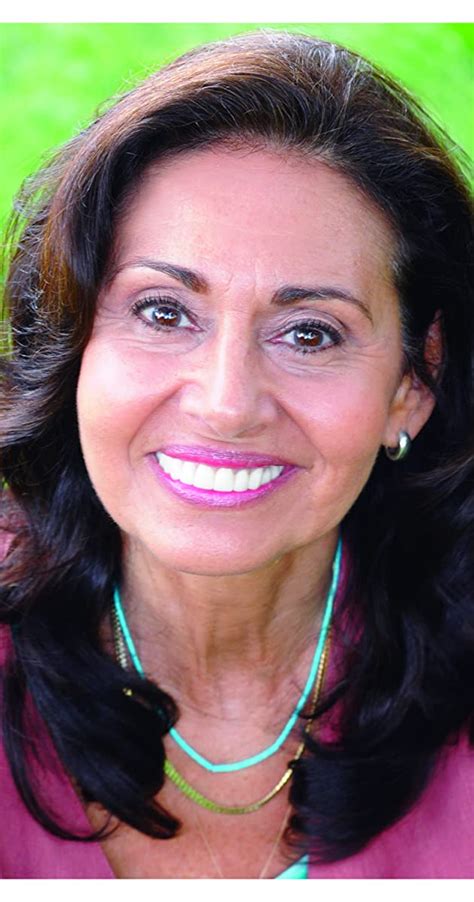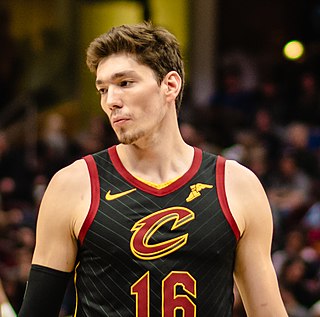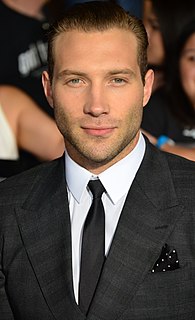A Quote by Bette Midler
It is true that in this culture, they throw you out when you get older. I see it all the time, especially in my business. At my age, you're playing somebody's mother - and there aren't even a lot of those roles!
Related Quotes
I turn 30 next month, and in my 20s, I've been in this limbo of being too old to play the young lead, and too young to play the 30, 35 - year - old. I've always had an older head on my shoulders because I've hung out with older people. I was in television shows with older actors, and when I was 15, 16, 17, I sat up in hotel lobby bars with older actors until the early hours of the morning hearing them tell stories. I've always been drawn to older characters and I've always struggled to get into the younger roles. It feels good to be finally getting to an age where I'm playing my age.
I think there are great roles for women in television because there is time to allow those characters to evolve. Even if you're the wife or the girlfriend or whatever it is that we women are, playing those things on TV, they are much more drawn out and there are greater arcs for the role. The roles are more integral to the complexity of the story.
Being an older person now, I'm finding that people are calling me to play various things. Variations on the theme of mother, caretaker, and in some cases, doctors, heads of organizations and things like that. For some people, I'm finally old enough to play those roles. We see men playing them when they're a little bit younger, and also in roles that call for some form of conflict and violence, either generating it or trying to curtail it. Women don't seem to be a big part of those common and often used movie themes.
In TV, kid roles are like this: You're either in a couple minutes of an episode playing somebody's kid, or you get in these procedurals where you're crying or you're playing a witness or you're playing a crazy person. Every once in a while you get a big guest star role, but there's a formula to those TV shows.
Theater roles are written by the great masters. The greatest literature that you can possibly know are the theater roles like King Lear, Hamlet, and all of those great roles. So all you do is you dive into these unchallenged roles and see how far you can get, what kind of accolades you can get, and how good you can be in them. In movie roles, you can actually improve them by knowing a lot about your own stage technique, which helps a great deal in the cinema and how you can project inner humor even though the particular dialogue is not necessarily funny, but you can infuse it with humor.
I hated being typecast in those roles. It was personally limiting, only playing stereotyped heavies. But I got those roles because I was angry, because that's what I projected. I was angry at my mother and father because they didn't get along, angry at the church. On top of that, I had an extreme lack of self-confidence.
For a long time, way back in the ’30s and ’40s, there were fabulous female roles. Bette Davis and all those people had incredible, great roles. After World War II, something happened where it was not only "get out of the factories," but "get out of the movies." That's when women's roles started to really [change].
As I got older, the role that I ended up (playing) on One Life to Live was a mother because, by then, I had a stable marriage - so I thought - and a beautiful son and mother roles became what I was doing well. I was still the Latina mom who very much related to people who love family. All those traditional values (were) coming back into my life.
Yeah, I was ready for the NBA. Because I went through a lot of things back overseas. And you know, playing professionally from a young age and then playing against the older guys - guys over 30; older, talented guys - was really tough, but it also helped my game grow and just get me ready for the NBA.
There are roles out there I want to play that I don't know if I'll ever get the chance to. But I'm not going to waste time waiting for those phone calls, passing up the chance to do these sorts of things. I'm more likely to go see a smaller, darker indie film, like Felony for instance, than I am to see an Avengers or perhaps even a Terminator.

